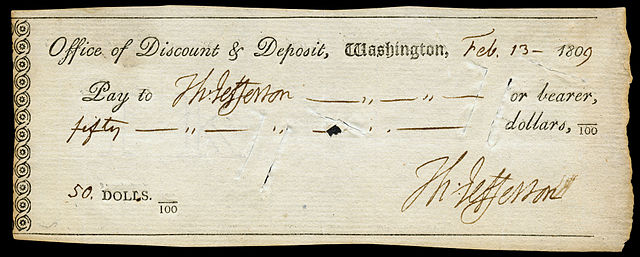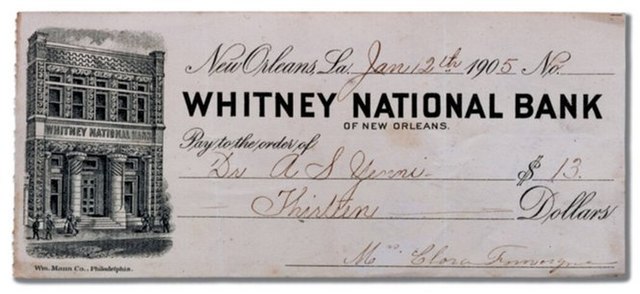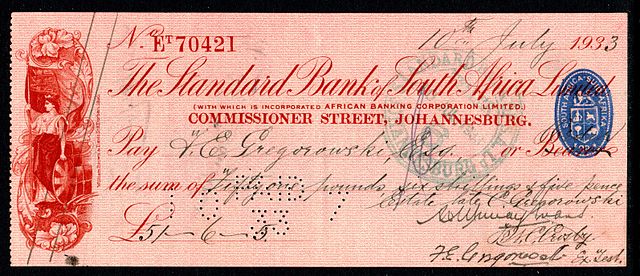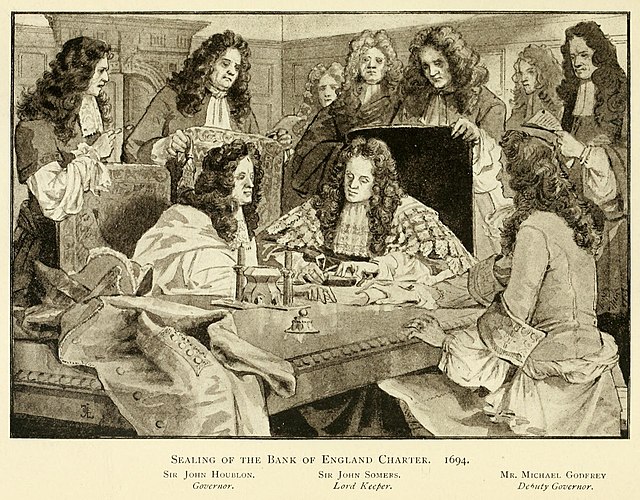Infinite photos and videos for every Wiki article ·
Find something interesting to watch in seconds
Celebrities
Countries of the World
Kings of France
Great Artists
World Banknotes
Supercars
Rare Coins
Wonders of Nature
Largest Palaces
Famous Castles
Crown Jewels
Recovered Treasures
Best Campuses
British Monarchs
Orders and Medals
History by Country
Animals
Sports
Tallest Buildings
Great Museums
Wars and Battles
Great Cities
Richest US Counties
Largest Empires
Ancient Marvels
Presidents
more top lists







![Interior of the Helsinki Branch of the Vyborg-Bank [fi] in the 1910s](https://upload.wikimedia.org/wikipedia/commons/thumb/6/64/Pohjoismaiden_Osakepankin_Helsingin_sivukonttori.jpg/640px-Pohjoismaiden_Osakepankin_Helsingin_sivukonttori.jpg)
